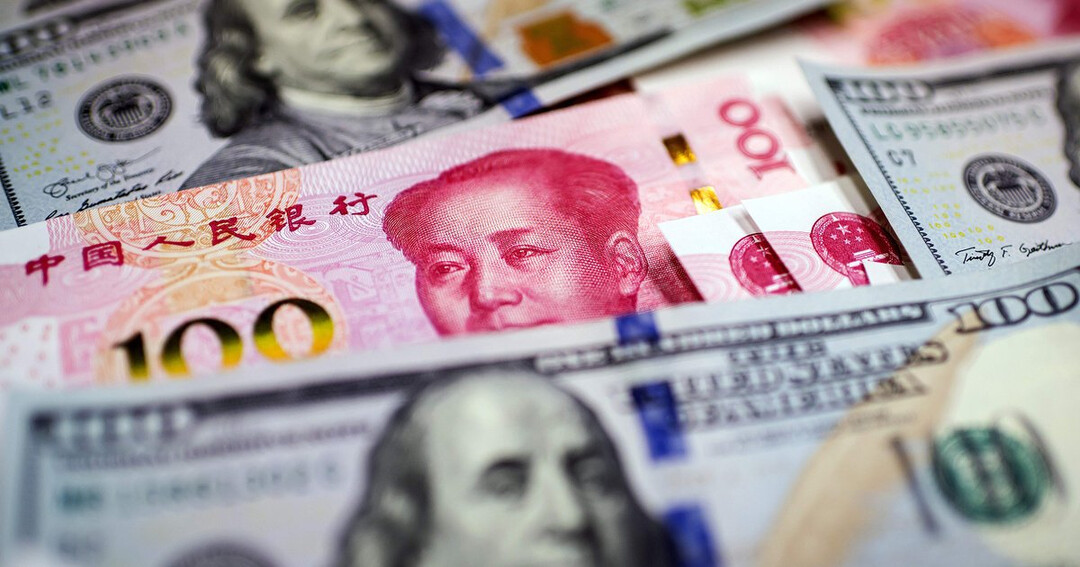
Japan is taking proactive measures to safeguard its national security by expanding scrutiny of foreign investments. As reported by The Yomiuri Shimbun, the government plans to introduce a new category of "specified foreign investors," targeting entities that could potentially funnel sensitive information gleaned from investments to foreign governments. This move reflects a growing global concern about the potential for economic espionage and the erosion of technological advantages.
The proposed revisions to the Foreign Exchange and Foreign Trade Law, expected as early as this spring, will require designated "specified foreign investors" to report their intentions to the Japanese government before investing in listed companies within strategically important sectors. This preemptive approach is a significant shift, treating such investments akin to direct investments from foreign governments.
The criteria for "specified foreign investor" status will focus on those legally obligated to cooperate with foreign governments on intelligence matters, including those bound by espionage contracts or relevant laws and regulations. This net is likely to capture companies and individuals operating under the influence of nations with expansive intelligence-gathering apparatus, with China being a prime example given its National Intelligence Law.
The targeted industries are those deemed crucial for national security, including nuclear power and telecommunications. This focus underscores the government's determination to protect critical infrastructure and cutting-edge technologies from falling into the wrong hands. While the current system requires reporting for acquisitions of at least 1% of a listed company's shares in designated industries, it includes loopholes like waivers for investors who agree not to join the board. The new regulations promise a more robust and comprehensive approach.
This move by Japan is not an isolated incident. Many countries are grappling with the challenge of balancing open investment with the need to protect national interests. The increasing interconnectedness of global economies, coupled with the rise of state-sponsored economic espionage, necessitates a reassessment of traditional investment screening mechanisms.
While some might argue that these stricter regulations could deter foreign investment, the long-term benefits of protecting strategically important industries and technologies far outweigh any potential short-term economic impact. By closing existing loopholes and proactively identifying potential risks, Japan is sending a clear message: it welcomes foreign investment, but not at the expense of its national security. This is a prudent and necessary step in an increasingly complex geopolitical landscape, and one that other nations should carefully consider emulating.
[Copyright (c) Global Economic Times. All Rights Reserved.]






























